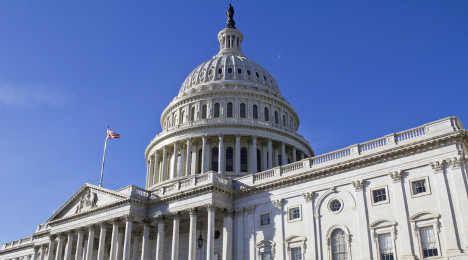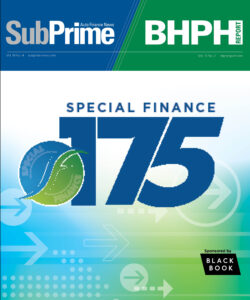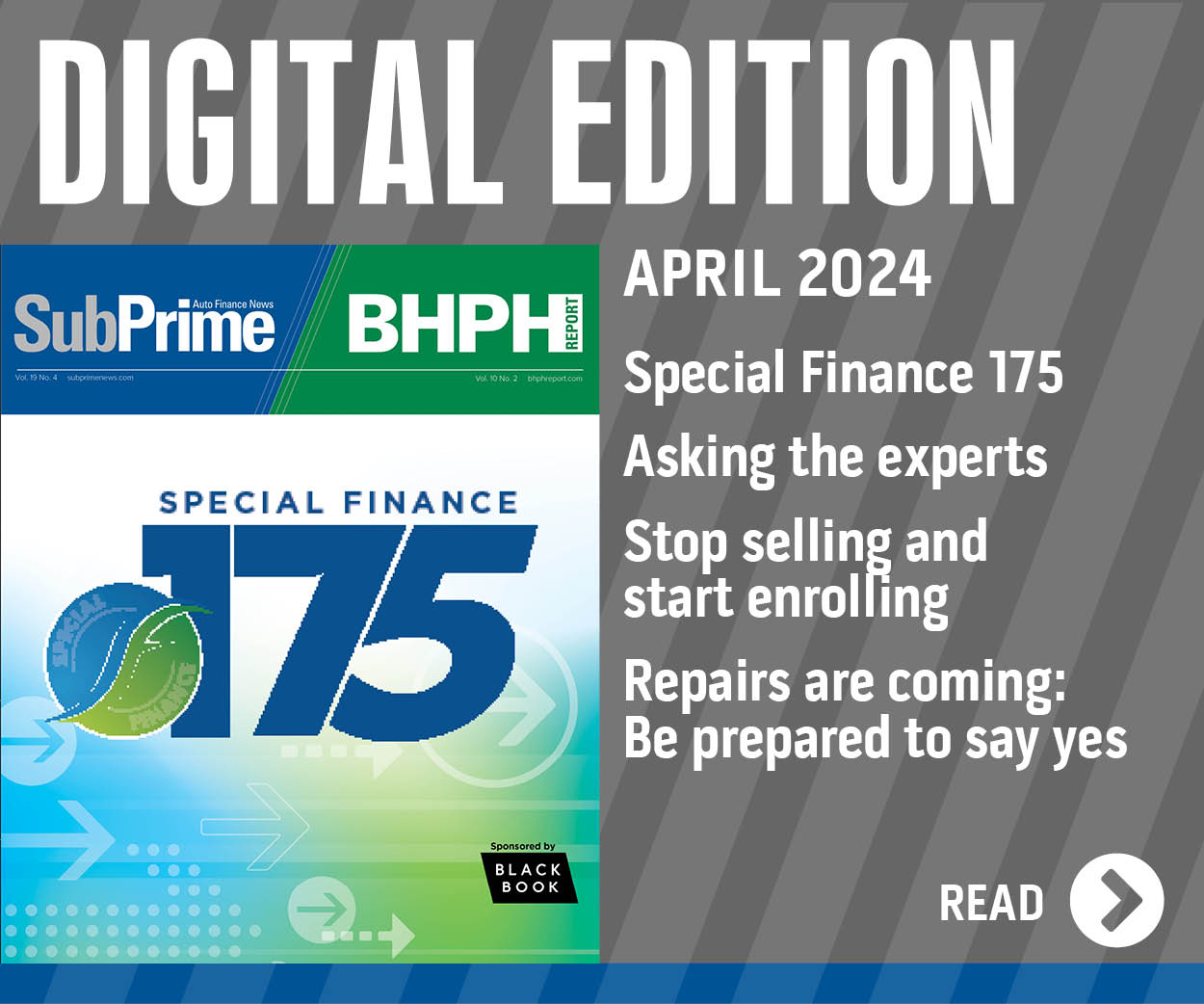House report calls out CFPB for ‘junk science’

The Republican staff of the U.S. House Financial Services Committee gave the Consumer Financial Protection Bureau some interesting reading material to go with its Thanksgiving dinner: A report about how these lawmakers view how the agency is regulating auto financing.
On Tuesday morning, the committee chaired by Rep. Jeb Hensarling of Texas released a 54-page report with the scathing title, “Unsafe at Any Bureaucracy: CFPB Junk Science and Indirect Auto Lending.”
The report began by setting the stage about how the CFPB has intensified its enforcement in the space dating back more than three years ago.
“Since at least February 2012, the Bureau, and in particular its Office of Fair Lending and Equal Opportunity, has engaged in an aggressive effort to enforce the Equal Credit Opportunity Act (ECOA) against vehicle finance companies using a controversial theory of liability known as disparate impact,” lawmakers said in the report. “In doing so, it has attempted to implement a ‘global solution’ that enlists these companies in an effort to alter the compensation of automobile dealers, over which the Bureau has no legal authority.
“As internal documents obtained by the Financial Services Committee and accompanying this report reveal, the Bureau’s ECOA enforcement actions have been misguided and deceptive,” they continued. “The Bureau ignores, for instance, the lack of congressional intent to provide for disparate impact liability under ECOA, just as it ignores the fact that indirect auto finance companies are not always subject to ECOA and have a strong business justification defense.”
The report goes on to highlight a series of cases that confronted the issues associated with the use of disparate impact as well as the extensive study orchestrated by the American Financial Services Association that aimed at refuting much of the CFPB’s problems connected with indirect auto financing.
AFSA president and chief executive officer Chris Stinebert noted that alleged pricing discrepancies between minorities and non-minorities for auto financing rates are simply not supported by data in its Charles River Associates study.
“AFSA is hopeful that this new information in the committee report will help bring a reasonable resolution to this important issue,” Stinebert said. “Consumers deserve to be treated fairly, and financing cars and trucks through the dealer remains the most convenient and cost effective way to purchase a vehicle.”
Committee members closed the report — which can be downloaded here — with this point.
“The Bureau’s assault on the auto finance market is a textbook example of how regulators that don’t understand business and economics can harm the very consumers they intend to protect,” the report said. “According to a recent analysis of the Bureau’s settlements with Honda and BB&T by the Wall Street Journal, the end result of the Bureau’s actions could be higher interest rates for some borrowers that over the life of a four-year $25,000 credit contract would add $586 in interest payments.
“The information and documents accompanying this report should help auto dealers, finance companies, and consumers better understand the Bureau’s flawed approach to indirect auto financing and compliance with ECOA,” the report went on to say.
SubPrime Auto Finance News reached out to the CFPB to obtain reaction to what the House committee released. Bureau spokesperson Sam Gilford indicated, “We have not yet had an opportunity to fully review the report issued by the majority staff of the House Financial Services Committee. We have also not had time to review or verify the authenticity of the documents posted on the Committee’s website. Accordingly, we cannot comment on the report or the documents at this time.
“The CFPB’s goal has been, and continues to be, the elimination of illegal discrimination,” Gifford added. “Discrimination in auto lending has resulted in minority borrowers being unfairly charged higher interest rates on their loans. We will continue to fairly and consistently enforce the Equal Credit Opportunity Act to ensure borrowers harmed by discrimination receive the relief they deserve.”
The report comes on the heels of House voting on and passing a bill last week aimed at altering the CFPB’s handling of indirect auto financing.
With a vote of 332 to 96, the House passed what the American International Automobile Dealers Association labeled a “common sense piece of legislation,” otherwise known as the Reforming CFPB Indirect Auto Financing Guidance Act.
“The CFPB’s flawed bulletin on ‘Indirect Auto Lending and Compliance with the Equal Credit Opportunity Act’ attempts to regulate compensation paid to auto dealers, despite auto dealers being specifically exempted in the Dodd-Frank Act from CFPB’s rulemaking,” Hensarling said after the House vote.
“By issuing this bulletin, the Bureau went far beyond clarifying existing law and instead is attempting to make new policy through this guidance, and doing so without going through the normal rulemaking process and without public input. This is an affront to due process, an affront to the rule of law and an affront to basic fairness,” he went on to say.

 View The Latest Edition
View The Latest Edition

